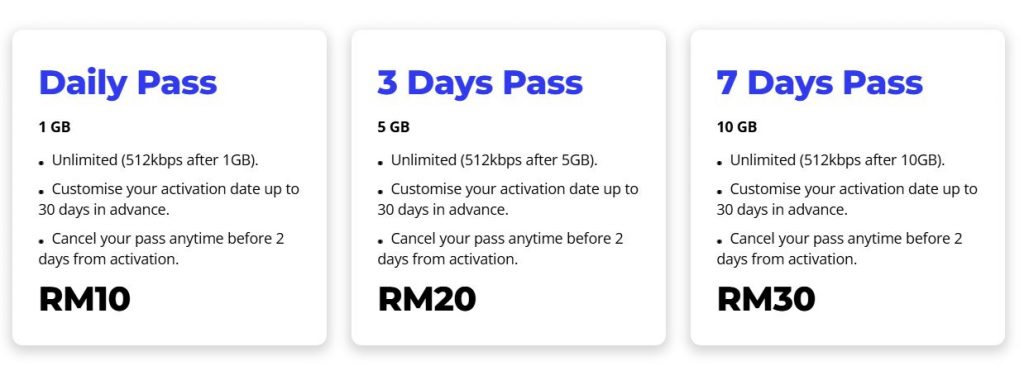Studying history can be a fascinating journey through time, but it can also be quite challenging when memorizing essential dates and events. Whether preparing for a history exam or needing to complete your history homework, effectively studying and recalling historical dates is a crucial skill. In this article, we will explore some strategies and techniques to help you improve your ability to remember historical dates. Before we go into the system, let’s explain why seeking help with history homework is wise. History is a rich tapestry of human experiences and events shaping our world. A solid grasp of historical dates and narratives boosts your academic performance. It enhances your critical thinking, analytical skills, and knowledge of society’s evolution. By following these tips, you’ll be able to ace your history assignments and better understand the past.
1. Understand the Significance of Historical Dates
One of the most effective ways to remember historical dates is by understanding their significance. Instead of simply memorizing numbers, could you take the time to explore the events surrounding the date? This will help you create connections and associations with the events, making them easier to remember.
2. Create a Timeline
Creating a timeline can be a valuable tool for visual learners. Start by drawing a horizontal line on a paper or using a digital timeline tool. Then, mark the important dates along the line and add brief descriptions or keywords to remind you of the corresponding events. A visual representation of historical events can enhance your memory and make it easier to recall specific dates.
3. Use Mnemonic Devices
Mnemonic devices are memory aids that help you remember information by creating associations. You can create an acronym or phrase using the first letter of each significant date for historical dates. For example, to reflect the dates of the American Revolutionary War, you could create the word “My Very Eager Mother Just Served Us Noodles” (1776). This technique can be beneficial when remembering a sequence of dates.
4. Visualize the Dates
Another effective technique is to visualize the dates memorably. For example, picture the date as a significant event or a visual representation of the historical period. This can activate your visual memory and make it easier to recall the dates when needed.
5. Use Flashcards
Flashcards are a classic study tool and can be particularly effective for memorizing historical dates. Create flashcards with the dates on one side and the corresponding events or descriptions on the other. Test yourself regularly and focus on the more challenging dates to remember. Repetition is vital when it comes to memorization.
6. Create Associations
Creating associations between historical dates and personal experiences or vivid mental images can significantly improve your ability to recall them. For example, suppose you’re learning about World War II. In that case, you can associate the year 1941 with the attack on Pearl Harbor by visualizing the event or connecting it to a personal memory of war.
7. Utilize Online Resources
The internet is a treasure trove of information and can be an invaluable resource for studying historical dates. Numerous websites, apps, and online tools are specifically designed to help students with history homework. You can use these resources to access historical timelines, interactive quizzes, and engaging content that can make learning history more enjoyable and efficient.
8. Practice Active Recall
Active recall is a powerful learning technique where you actively engage with the information you’re trying to remember. Instead of re-reading your history textbook or notes, place the dates and events from memory. This forces your brain to retrieve the information, strengthening your memory and making it easier to recall the dates when needed.
9. Break it Down
When faced with a long list of historical dates, it can be overwhelming to try and memorize them all at once. Instead, break them down into smaller chunks and focus on learning a specific set of dates at a time. This will make the task more manageable and help prevent information overload.
10. Test Yourself
Regularly testing yourself is an excellent way to assess your progress and reinforce your learning. Could you set aside time to quiz yourself on the historical dates you’ve been studying? This could involve creating practice quizzes, using online resources, or partnering with a classmate for a study session. Regularly testing yourself will build confidence in accurately recalling historical dates.
Mastering effectively studying and recalling historical dates is essential for success in history assignments and exams. By understanding the significance of the dates, creating visual associations, utilizing mnemonic devices, and regularly testing yourself, you’ll be well-equipped to tackle any history homework or exam. Remember to break the information into manageable chunks, practice active recall, and use online resources to enhance your learning experience. With dedication and the proper study techniques, you can confidently navigate the intricate tapestry of historical dates and events. Good luck with your history studies!




